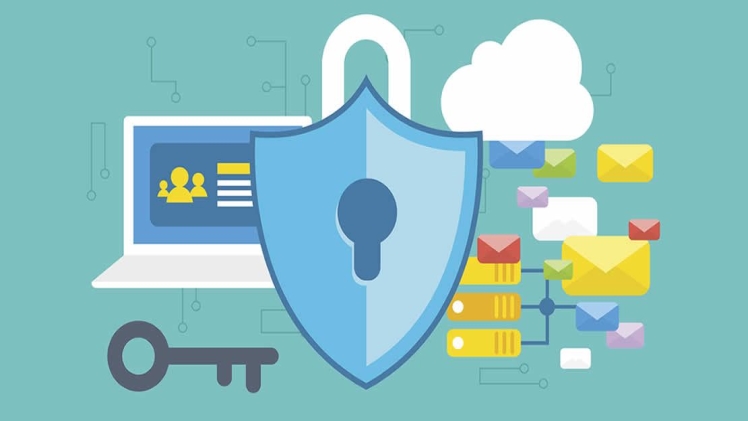Use passwords that are difficult to guess.
Avoid using the same user ID and password for multiple accounts. Keeping track of them. By mixing letters and numbers, you may make passwords more difficult to remember. Input numbers and special characters (a total of at least 10 characters) and toggle them on and off a lot of times.
Protect your PC
Make sure your firewall is turned on.
Cybersecurity begins with firewalls, which prevent access to unknown websites. Some viruses and hackers won’t be able to get through if legitimate websites are blocked. الابتزاز الإلكتروني can be covered if identified and reported on time.
Use anti-virus and anti-malware software to protect your computer.
Ensure that your computer is virus-free by installing and routinely upgrading anti-virus software.
Software to protect against viruses.
Anti-spyware measures
Installing and upgrading anti-spyware software is the best way to keep spyware out of your computer. Programme that protects your computer against spyware.
If you any الابتزاز العاطفي problems, we can help you out of this.
Be knowledgeable about social media
Facebook, Twitter, YouTube, Google+ and other social networking accounts . They have been set to private. Make sure that your security settings are up to date. Be cautious with the information you provide. You put your thoughts out there. What goes on the Internet stays online in perpetuity!
Ensure the safety of your mobile devices.
If you use a mobile device, be aware that it is subject to malware and hacking.
Make sure the apps you download are from reputable sources.
The most recent operating system updates should be installed. Your software and operating system (e.g. Windows, Mac, Linux) should be up to date at all times.
If you are downloading content from file sharing platforms, make sure that you are only doing it from safe and credible platforms like The Pirate Bay. You can get into trouble for clicking on links that automatically start downloading dangerous viruses to your system.
Updates to the current operating system.
Take the necessary precautions by enabling automatic updates.
An assault on outdated software.
Ensure the security of your personal information. You should encrypt your tax returns and bank information if they are particularly sensitive. You should create frequent back-ups and store them in a safe place away from your home or office.
Your wireless network should be protected against unauthorised access. If your Wi-Fi (wireless) network at home is not adequately protected, it is susceptible to attack. Make changes to the defaults. “Hot Spots,” or public Wi-Fi hotspots, are also an option. Avoid using these networks for financial or business activities. You need to take care of your electronic identity. When releasing personal information, such as your name, address, or phone number, be careful. Internet-based access to a person’s phone number or financial information. The webpages should be up to date.
Facebook, Twitter, and other social networking services include privacy settings that may be changed. A trip to the mall each website that asks for personal information, such as a bank, should start with a secure page using “https:” (e.g., https://www.yourbank.com),” S stands for safe and should be used wherever possible.
Avoid being conned out of your money.
Think twice before clicking on a link or downloading a file from an unknown source.
Don’t click on this link.
The links included in these messages, since they may lead to a false or harmful website.
Make sure to verify the message’s origin.
Emails from legitimate businesses will not seek for your personal information.

